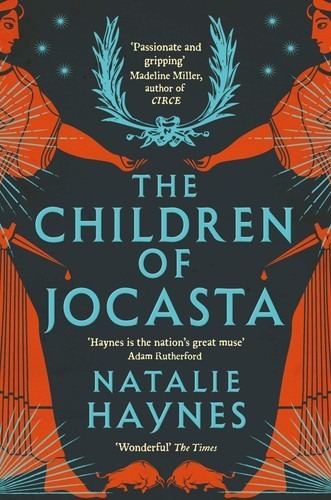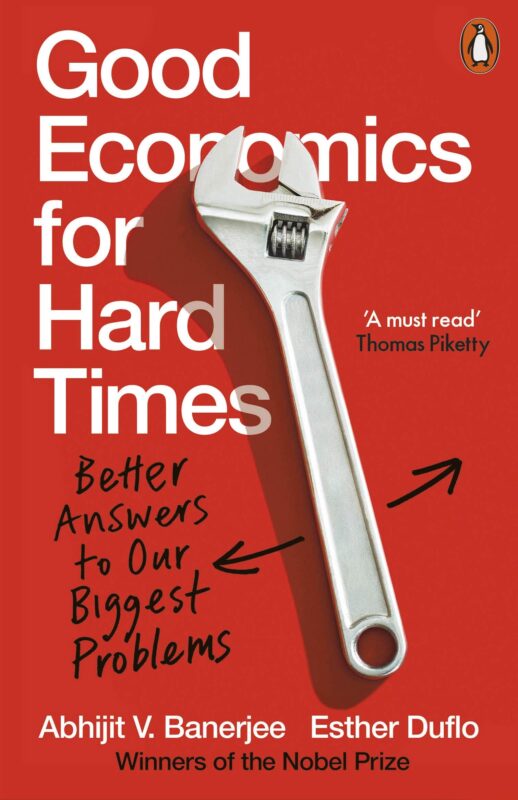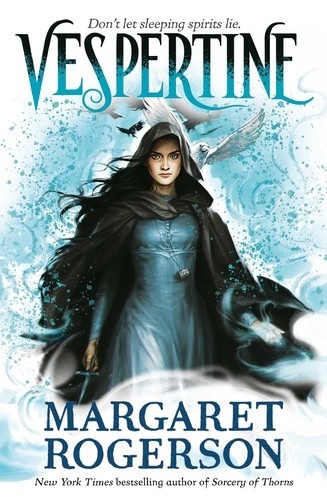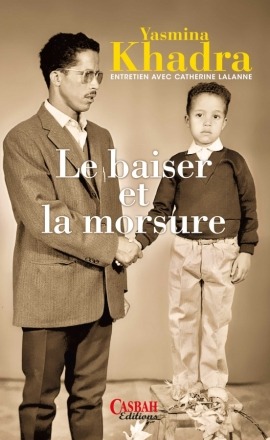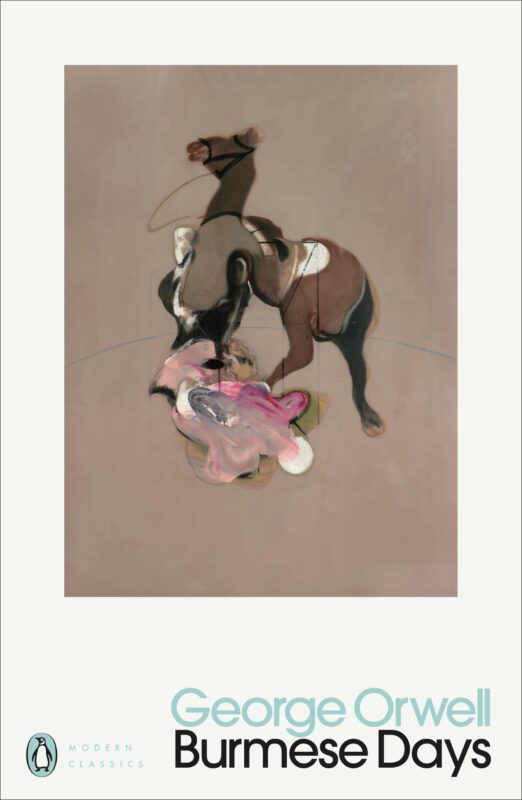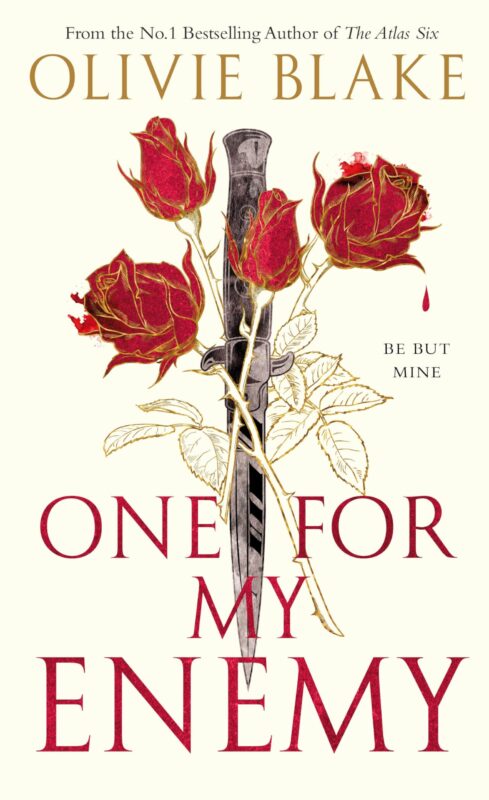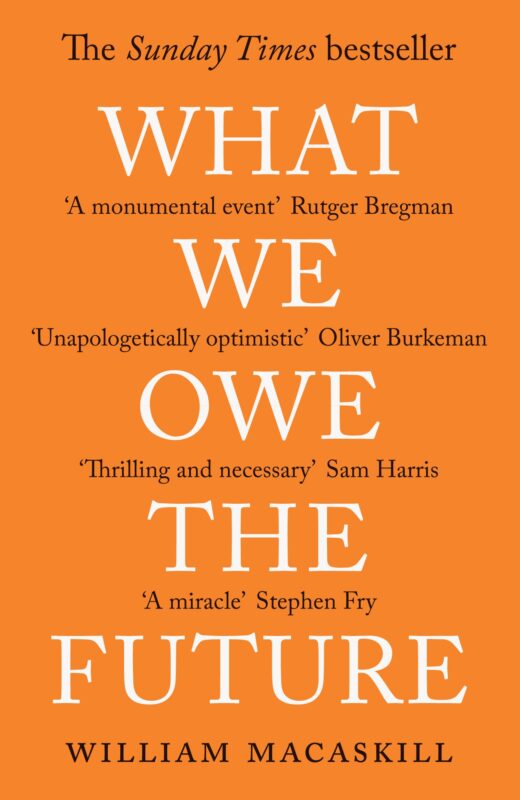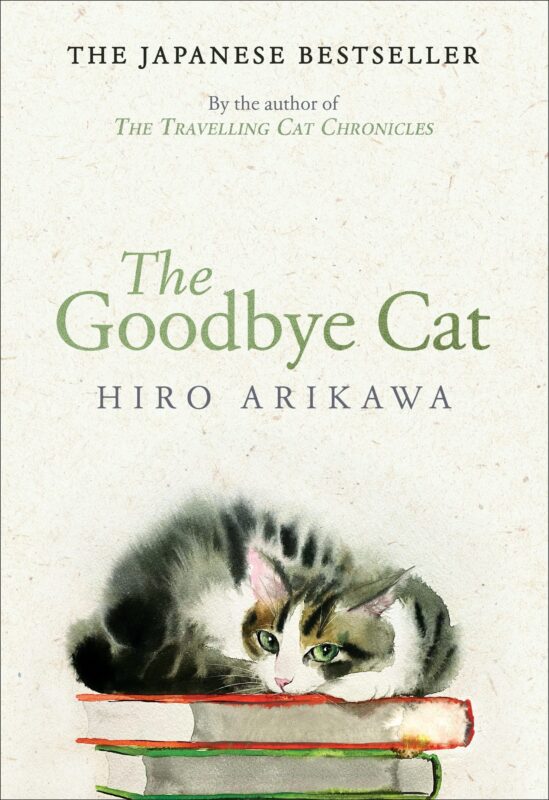Search Results for: exchange
The Children of Jocasta
From Natalie Haynes, the Women's Prize shortlisted author of A Thousand Ships, comes The Children of Jocasta, a retelling of Oedipus and Antigone from the perspectives of the women the myths overlooked.
My siblings and I have grown up in a cursed house, children of cursed parents . . .
Jocasta is just fifteen when she is told that she must marry the King of Thebes, an old man she has never met. Her life has never been her own, and nor will it be, unless she outlives her strange, absent husband.
Ismene is the same age when she is attacked in the palace she calls home. Since the day of her parents' tragic deaths a decade earlier, she has always longed to feel safe with the family she still has. But with a single act of violence, all that is about to change.
With the turn of these two events, a tragedy is set in motion. But not as you know it.
My siblings and I have grown up in a cursed house, children of cursed parents . . .
Jocasta is just fifteen when she is told that she must marry the King of Thebes, an old man she has never met. Her life has never been her own, and nor will it be, unless she outlives her strange, absent husband.
Ismene is the same age when she is attacked in the palace she calls home. Since the day of her parents' tragic deaths a decade earlier, she has always longed to feel safe with the family she still has. But with a single act of violence, all that is about to change.
With the turn of these two events, a tragedy is set in motion. But not as you know it.
Good Economics for Hard Times: Better Answers to Our Biggest Problems
FROM THE WINNERS OF THE 2019 NOBEL PRIZE IN ECONOMICS'Wonderfully refreshing . . . A must read' Thomas PikettyIn this revolutionary book, prize-winning economists Abhijit V. Banerjee and Esther Duflo show how economics, when done right, can help us solve the thorniest social and political problems of our day. From immigration to inequality, slowing growth to accelerating climate change, we have the resources to address the challenges we face but we are so often blinded by ideology.Original, provocative and urgent, Good Economics for Hard Times offers the new thinking that we need. It builds on cutting-edge research in economics - and years of exploring the most effective solutions to alleviate extreme poverty - to make a persuasive case for an intelligent interventionism and a society built on compassion and respect. A much-needed antidote to polarized discourse, this book shines a light to help us appreciate and understand our precariously balanced world.
Vespertine: The new TOP-TEN BESTSELLER from the New York Times bestselling author of Sorcery of Thorns and An Enchantment of Ravens
From the New York Times bestselling author of Sorcery of Thorns and An Enchantment of Ravens comes a thrilling new YA fantasy about a teen girl with mythic abilities who must defend her world against restless spirits of the dead.
The dead of Loraille do not rest.
Artemisia is training to be a Gray Sister, a nun who cleanses the bodies of the deceased so that their souls can pass on; otherwise, they will rise as twisted spirits with a ravenous hunger for the living. She’d rather deal with the dead than the living, who point and whisper about the odd girl who was once possessed by a violent spirit.
When her convent is attacked by possessed soldiers, Artemisia fights back by awakening an ancient spirit bound to a high saint’s relic. It is a revenant, a malevolent being now whispering in her head. Wielding its extraordinary power almost consumes her in body and soul. But death has come to Loraille, and only a vespertine, a priestess trained to wield a high relic, has a chance of stopping it. Yet the age of vespertines has passed, their knowledge and training lost with time.
As Artemisia investigates a mystery of saints, secrets, and dark magic, an ancient evil is stirring. Can an untrained girl, tormented by the burden of containing the revenant’s devouring power, have any hope of defeating it?
The dead of Loraille do not rest.
Artemisia is training to be a Gray Sister, a nun who cleanses the bodies of the deceased so that their souls can pass on; otherwise, they will rise as twisted spirits with a ravenous hunger for the living. She’d rather deal with the dead than the living, who point and whisper about the odd girl who was once possessed by a violent spirit.
When her convent is attacked by possessed soldiers, Artemisia fights back by awakening an ancient spirit bound to a high saint’s relic. It is a revenant, a malevolent being now whispering in her head. Wielding its extraordinary power almost consumes her in body and soul. But death has come to Loraille, and only a vespertine, a priestess trained to wield a high relic, has a chance of stopping it. Yet the age of vespertines has passed, their knowledge and training lost with time.
As Artemisia investigates a mystery of saints, secrets, and dark magic, an ancient evil is stirring. Can an untrained girl, tormented by the burden of containing the revenant’s devouring power, have any hope of defeating it?
Le baiser et la morsure – Yasmina Khadra
Le témoignage de Yasmina Khadra sur son enfance volée, sa vocation précoce d’écrivain contrariée par son destin militaire, son regard sur la société algérienne d’aujourd’hui, sa vision de l’islam.
Yasmina Khadra remonte aux sources de son enfance algérienne : l’héritage de ses ancêtres poètes, l’attachement à sa tribu et à la nudité du désert, l’arrachement dès l’âge de neuf ans à l’univers protégé de l’enfance, ses années d’études solitaires à l’Ecole des Cadets, la violence du combat contre le terrorisme. Il dévoile l’importance de sa rencontre avec son épouse Amal, l’ange gardien de sa vocation d’écrivain qui lui offrira ses prénoms pour écrire.
Il se confie à Catherine Lalanne au cours de cinq échanges passionnants sur
– ses origines nomades, son appartenance à une lignée de conteurs, d’érudits et de mystiques,
– le conflit entre sa vocation d’écrivain et son métier d’officier,
– son sens de la famille, son amour du féminin,
– sa vision d’un islam fraternel, sa passion de la langue et de la littérature françaises.
Jamais Yasmina Khadra n’avait parlé aussi librement de son rapport à l’écriture et aux personnages de ses romans, de son goût des mots et de la musique, de sa fidélité aux siens, de son refus des concessions, de son combat contre l’intolérance, de son incapacité à dissocier son bonheur de celui de son pays, l’Algérie.
Catherine Lalanne est rédactrice en chef à l’hebdomadaire Pèlerin. Passionnée de culture, elle lance, en 2017, une série d’entretiens avec des artistes sur l’origine de leur vocation : « L’atelier de l’enfance ».
Le premier titre de cette collection, « Plus tard, je serai un enfant »,
a été réalisé avec l’écrivain Eric-Emmanuel Schmitt.
Le laboratoire central : entretiens
Le Laboratoire central réunit neuf entretiens et exposés de J.-B. Pontalis entre 1970 et 2012, dont certains inédits, en réponse des questionnements sur les rapports de la psychanalyse et de la littérature (« De l’inscrit à l’écrit », entretien avec Pierre Bayard), mais aussi, en arrière-fond, explicitement parfois, sur le lien entre psychanalyse et politique (« Détournements? », entretien avec Marcel Gauchet). Ce titre – Le Laboratoire central – est en hommage à Max Jacob, que l’auteur a connu avant son internement en camp. Le « laboratoire central » est l’entretien que le psychanalyste a avec ses patients, avec ses collègues et avec lui-même, où il fait travailler ce à quoi il tient et croit, centralement, tout en cherchant à se mettre en difficulté, à « penser contre soi ». Avec ces échanges loyaux où il ne craint pas d’épouser les vues adverses, avec les visées inattendues et fortes qu’il prête à l’autre, avec le dérangement en lui-même d’une pensée autre, J.-B. Pontalis sait mettre cent fois sur le « métier » l’ouvrage d’une réflexion qui a traversé le dernier demi-siècle, continue d’être centrale, et n’a cessé de compter bien au-delà du cercle des psychanalystes. About the Author Né en 1924, J.-B. Pontalis a été professeur agrégé de philosophie puis chercheur au CNRS avant de s’orienter vers la psychanalyse. Il est l’auteur de plus de vingt ouvrages, analytiques et littéraires, pour lesquels il a reçu entre autres le prix Médicis Essai en 2006 (Frère du précédent, Gallimard » ; le prix Mary S. Sigourney Award en 2001 pour l’ensemble de ses travaux en psychanalyse, et le Grand prix de littérature de l’Académie Française en 2011 pour l’ensemble de son œuvre.
Good Economics for Hard Times: Better Answers to Our Biggest Problems
FROM THE WINNERS OF THE 2019 NOBEL PRIZE IN ECONOMICS'Wonderfully refreshing . . . A must read' Thomas PikettyIn this revolutionary book, prize-winning economists Abhijit V. Banerjee and Esther Duflo show how economics, when done right, can help us solve the thorniest social and political problems of our day. From immigration to inequality, slowing growth to accelerating climate change, we have the resources to address the challenges we face but we are so often blinded by ideology.Original, provocative and urgent, Good Economics for Hard Times offers the new thinking that we need. It builds on cutting-edge research in economics - and years of exploring the most effective solutions to alleviate extreme poverty - to make a persuasive case for an intelligent interventionism and a society built on compassion and respect. A much-needed antidote to polarized discourse, this book shines a light to help us appreciate and understand our precariously balanced world.
Modern Classics Burmese Days (Penguin Modern Classics)
Based on his experiences as a policeman in Burma, George Orwell's first novel presents a devastating picture of British colonial rule. It describes corruption and imperial bigotry in a society where, 'after all, natives were natives - interesting, no doubt, but finally ... an inferior people'. When Flory, a white timber merchant, befriends Indian Dr Veraswami, he defies this orthodoxy. The doctor is in danger: U Po Kyin, a corrupt magistrate, is plotting his downfall. The only thing that can save him is membership of the all-white Club, and Flory can help. Flory's life is changed further by the arrival of beautiful Elizabeth Lackersteen from Paris, who offers an escape from loneliness and the 'lie' of colonial life. George Orwell's first novel, inspired by his experiences in the Indian Imperial Police in Burma, Burmese Days includes a new introduction by Emma Larkin in Penguin Modern Classics.
One For My Enemy
In New York City where we lay our scene, two rival witch families fight to maintain control of their respective criminal ventures. On one side of the conflict are the Antonova sisters, each one beautiful, cunning, and ruthless, and their mother, the elusive supplier of premium intoxicants known only as Baba Yaga. On the other side, the influential Fedorov brothers serve their father, the crime boss known as Koschei the Deathless, whose community extortion ventures dominate the shadows of magical Manhattan.After twelve years of tenuous coexistence, a change in one family’s interests causes a rift in the existing stalemate. When bad blood brings both families to the precipice of disaster, fate intervenes with a chance encounter, and in the aftershocks of a resurrected conflict, everyone must choose a side. As each of the siblings struggles to stake their claim, fraying loyalties threaten to rot each side from the inside out.If, that is, the enmity between empires doesn’t destroy them first.
What We Owe the Future
The fate of the world is in our hands. Humanity’s written history spans only five thousand years. Our yet-unwritten future could last for millions more – or it could end tomorrow. Astonishing numbers of people could lead lives of great happiness or unimaginable suffering, or never live at all, depending on what we choose to do today. In What We Owe The Future, philosopher William MacAskill argues for longtermism, the idea that positively influencing the distant future is a key moral priority of our time. From this perspective, it’s not enough to reverse climate change or avert the next pandemic. We must ensure that civilization would rebound if it collapsed: counter the end of moral progress: and prepare for a planet where the smartest beings are digital, not human. If we put humanity’s course to right, our grandchildren’s grandchildren will thrive, knowing we did everything we could to give them a world full of justice, hope and beauty.
The Goodbye Cat
Against changing seasons in Japan, seven cats weave their way through their owners' lives ...We meet Spin, a kitten rescued from the recycling bin, whose simple needs teach an anxious father how to parent his own human baby: a colony of wild cats on a holiday island shows a young boy not to stand in nature's way: a family is perplexed by their cat's devotion to their charismatic but uncaring father: a woman curses how her cat constantly visits her at night: and an elderly cat, Kota, hatches a plan to pass into the next world as a spirit so that he and his owner may be together for ever.Bursting with empathy and love, The Goodbye Cat explores the unstoppable cycle of life as we see how the steadiness and devotion of a well-loved cat never lets us down. A huge bestseller in Japan, every page is a joyous celebration of cats and how we cannot resist sharing our lives with them.
